Summer school 2018 has finished, but your new ‘school year’ has just begun. We hope that after studying in Ludlow this summer you’re feeling more confident about writing and speaking in English and more motivated than ever. In this blog we’ll remind you of some tips on how to boost your vocabulary.
Boost = improve or increase quickly
Question:
What do these 3 photos of summer school classrooms ‘have in common’?
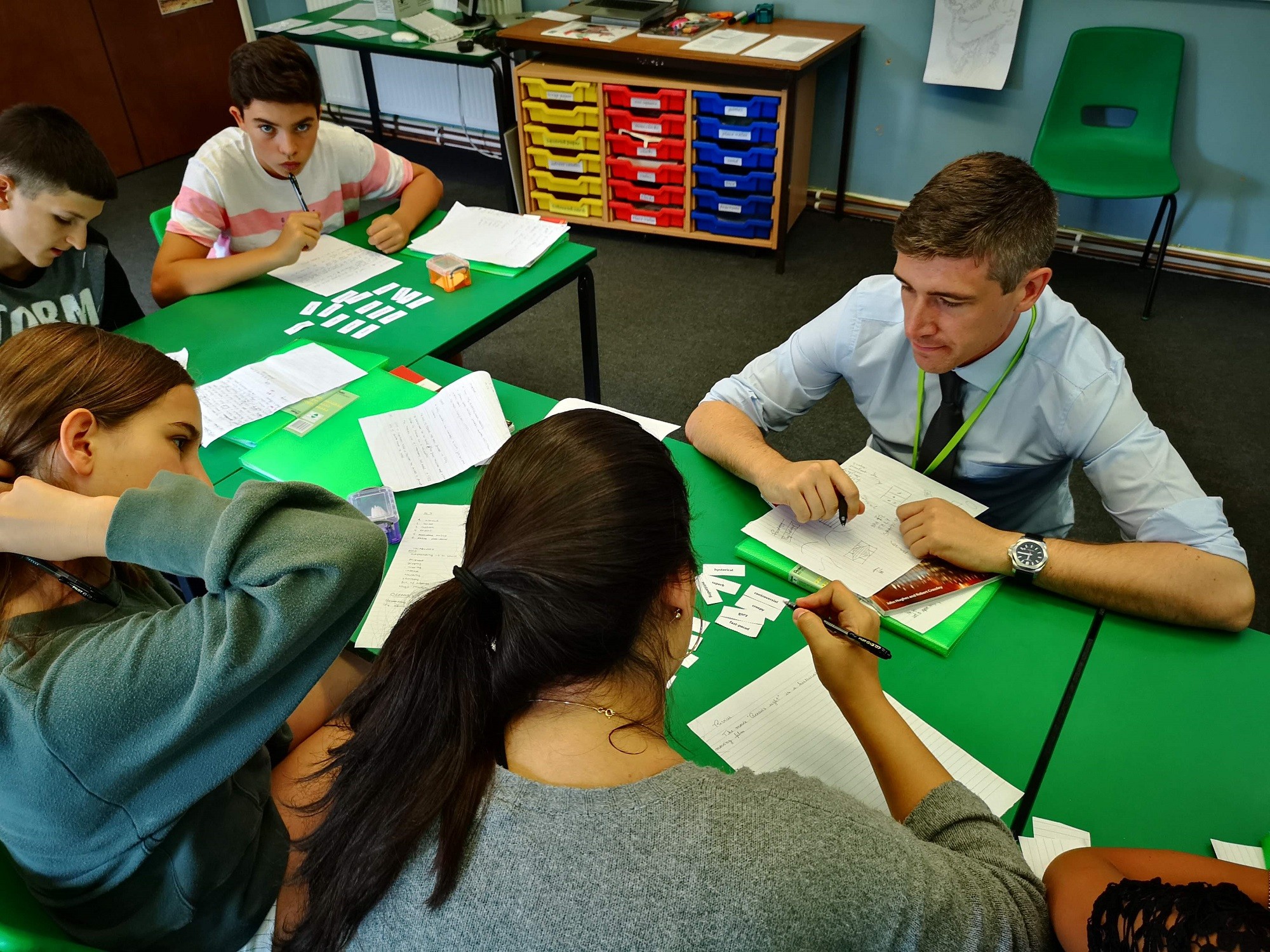
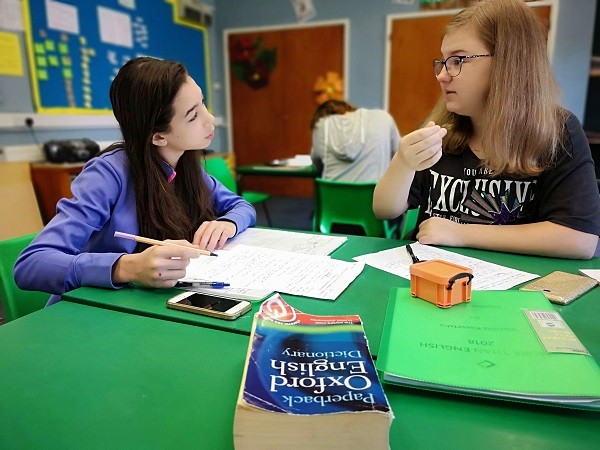
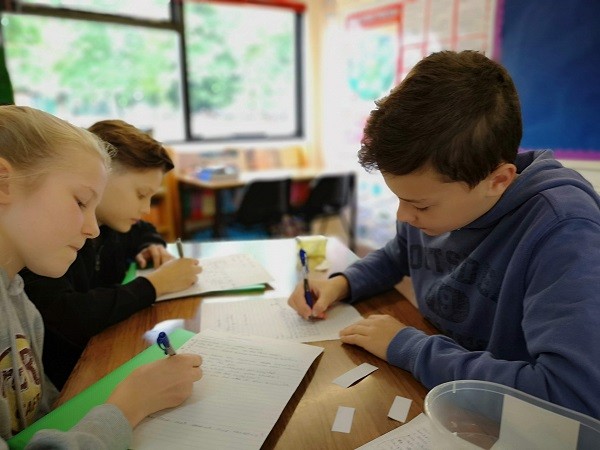
Answer:
In each class the students are using their vocabulary boxes to boost (improve) their vocabulary.
Are you still using your vocabulary box?
We hope you are. It’s simple, remember?
-
Record:
Write down each new useful vocabulary item (words and phrases) on a small piece of paper
-
Box:
Put the vocabulary items in the box.
-
Practise:
At least once a week take the words out the box and practise them.
-
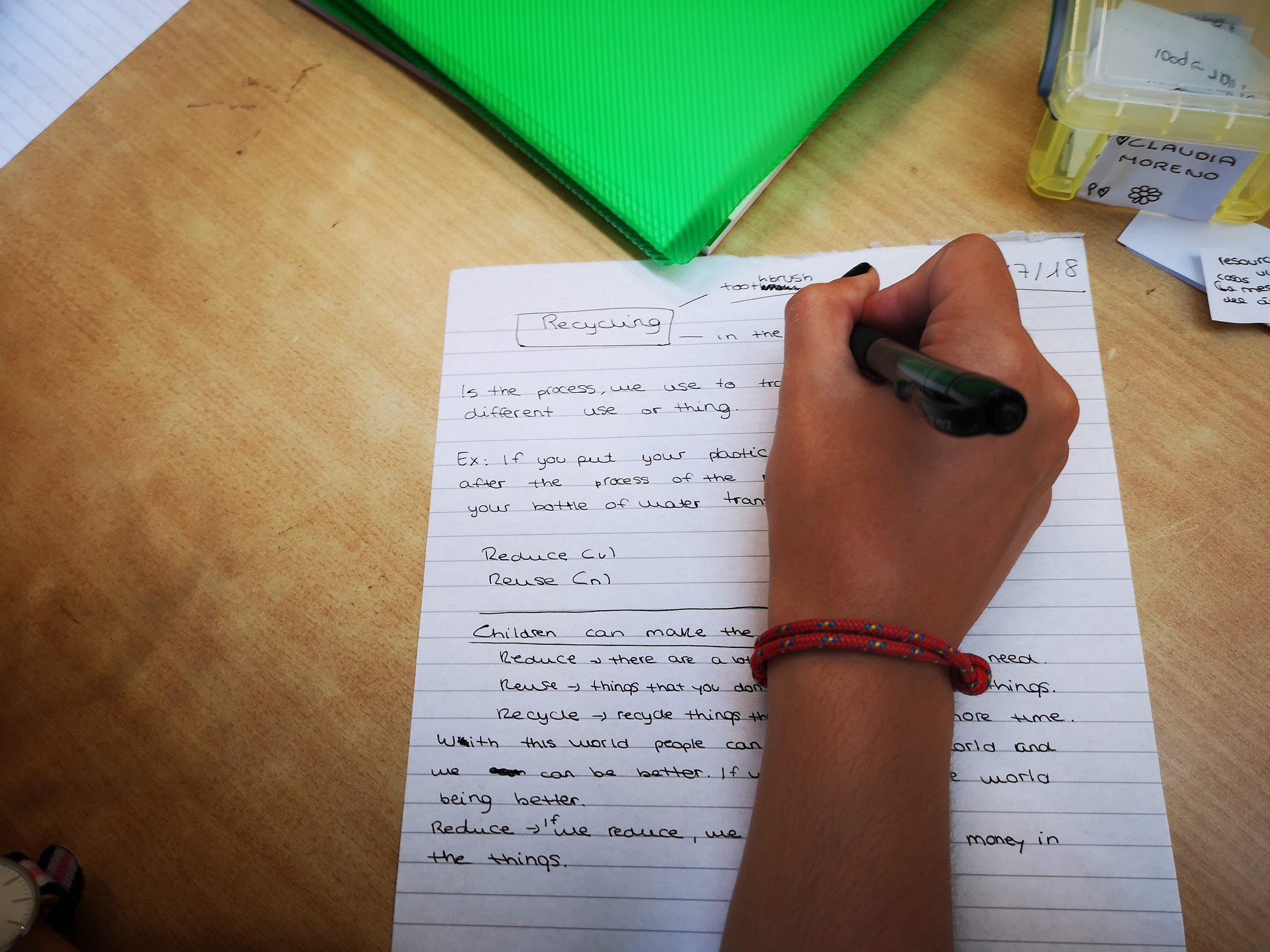 Tips:
Tips:
(1) Categorise:
Tip (throw) all the items on the table and sort them according to topic areas. This activity is even more useful if you discuss with a friend why you have put each word into which group.
(2) Explain:
Focus on the meaning of the new items:
- Recall (remember) why the item was important in the text where you found it.
- Make up (create) a new sentence containing the item
- Put a translation on the back of each piece of paper. Put the pieces of paper upside down. Look at the translation. Recall and say the item in English (also good for pronunciation).
- Make up (create) a strange story containing all the words. The stranger the story, the more you will remember the items.
- Which word means…? Provide a definition and see if your friend can say the word or phrase.
(3) Record
After you’ve sorted all of the vocabulary items into groups, write them in your notebook. Include the pronunciation and an example sentence.
- Which ways are best for you?
- What other ways do you use to practise and remember the vocabulary from your vocabulary box?
Practice makes perfect
Remember: the more often you review your vocabulary, the faster and deeper you will learn it. If you can review the words once a day, you will learn very quickly.
Imagine how much vocabulary you will learn if you use your vocabulary box every day until the start of the next summer school on Thursday 11th July 2019!
Don’t just imagine. Let’s start now.
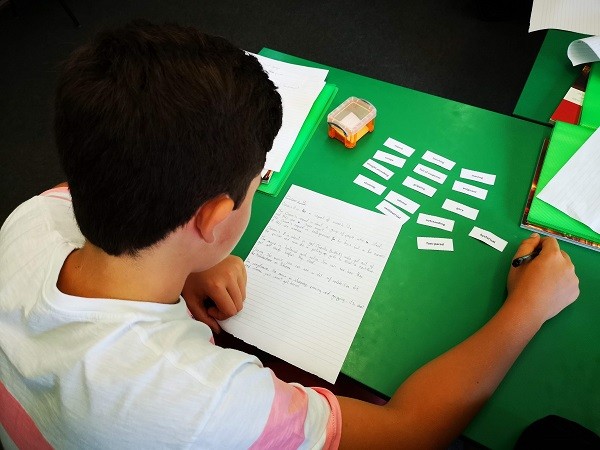
Other pages you might be interested in:
Definition:
In common: to have something in common with somebody or something = to have something the same: the same interests, the same characteristics, the same ideas
We have a lot in common: we both like dance.
Mediterranean countries have a lot in common: they all have fantastic food.







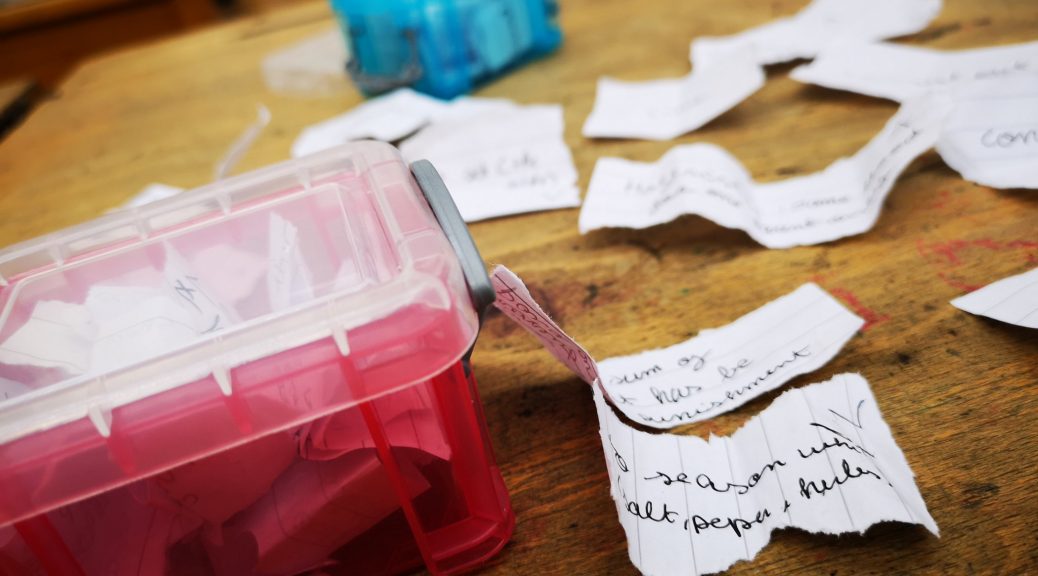



 Tips:
Tips: 
